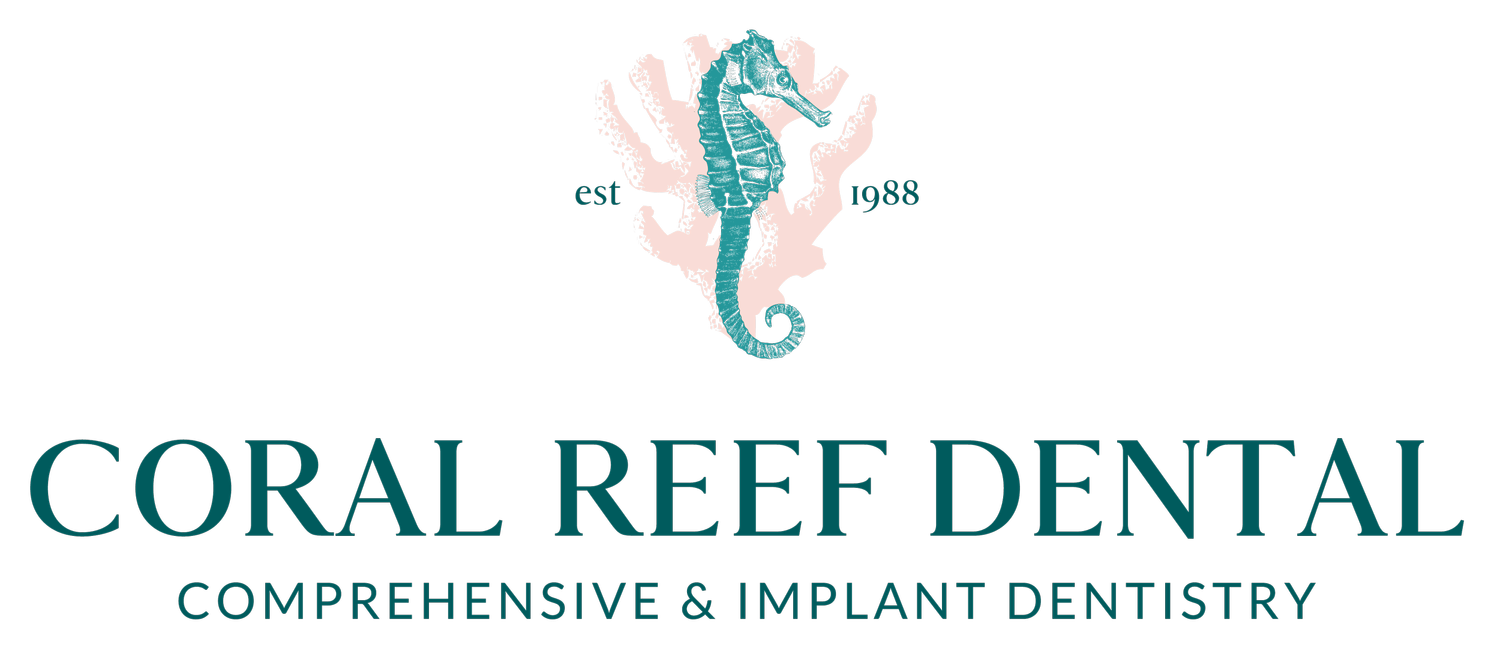How Long Do Dental Sealants Last?
Have you ever wished for a magic potion to protect your teeth from decay and cavities? Despite regular brushing, flossing, and professional cleanings, some people are simply more prone to developing tooth decay, but we have a solution that can lower your risk of cavities without pain, drilling sounds, or a major hit to your wallet. While they might not be magic, dental sealants can be a game-changer. Join us for a guide on how long dental sealants last.
What are dental sealants?
Before exploring how long dental sealants last, let’s take a look at how these products protect teeth and whether you may be a good candidate for treatment.
How do dental sealants work?
Dental sealants are protective coatings applied to the chewing surfaces of permanent molars and premolars to prevent plaque, bacteria, and food particles from becoming trapped in the grooves and causing cavities. The sealant forms a smooth, protective shield over the tooth, making it easier to clean.
How do you know if you need dental sealants?
Dental sealants are often recommended for children and teenagers who have permanent molars and adults with deep grooves but no signs of existing cavities or decay. They can be a great solution for people who:
Have deep grooves or fissures
Are prone to cavities
Show early signs of enamel wear
Have trouble maintaining good oral hygiene
Who shouldn’t get dental sealants?
Sealants are only used to protect healthy teeth. Since they only bond to natural enamel, they can’t be placed over a filling or dental veneers. While they can be applied to baby teeth, they are usually not used on those reaching the end of their lifespan.
Related: What Is a Bone Graft After Tooth Extraction?
How long do dental sealants last?
In most cases, dental sealants offer protection for five to ten years, but a number of factors will impact how long they last, including:
Type of sealant
Resin-based dental sealants are the most common – and longest-lasting – type on the market. These are strong, durable, and form a secure bond to teeth, making them a great option for long-term damage prevention.
Glass ionomer sealants, often used in pediatric dentistry, release fluoride for an added layer of protection. However, they may wear down in as little as three to five years.
Oral hygiene habits
Dental sealants won’t replace your twice-daily dental care routine. In fact, brushing and flossing are critical steps for maintaining that protective barrier. Regular professional cleanings are also essential for extending the lifespan of your sealants.
Diet
Don’t underestimate the impact of your diet on dental sealants. For optimal results, avoid the following:
Sugary and acidic foods and drinks: Soda, coffee, and daily desserts can increase bacterial activity and weaken your enamel.
Hard or sticky foods: Caramel, gummy candies, ice, hard pretzels, and other treats may chip or dislodge sealants.
Age and tooth development
The best time to get sealants is shortly after the permanent molars erupt, as the enamel is strong and bacteria haven’t damaged the teeth. While adults can also go through the application process, dental sealants won’t last as long on teeth with existing wear.
Teeth grinding
Grinding and clenching your teeth isn’t just bad for your oral health – it also takes a toll on dental sealants. Your dentist may recommend a night guard or other device to prevent premature cracks and wear in the barrier.
Some people naturally have a stronger bite force than others. In these instances, a shorter lifespan for dental sealants may be inevitable.
Related: Types of Dentists and How To Find the Right Treatment
What are the benefits of dental sealants?
Now that you know how long dental sealants last, let’s discuss the reasons the American Dental Association recommends these treatments for many children and adults.
Prevent cavities
Cavity prevention is the primary reason dentists recommend sealants. By creating a smooth surface on cavity-prone teeth, they limit the risk of bacteria buildup to protect the teeth from structural damage.
This is particularly important for children and adolescents who haven’t developed strong dental health practices and techniques. In fact, the CDC has reported that kids without dental sealants have nearly three times more cavities than those who do.
Lower risk of tooth decay
Of course, cavities are the result of another detrimental process – tooth decay. As bacteria begin producing acids in the crevices and fissures of your teeth, the enamel weakens and demineralization occurs. Dental sealants can stop this process in its tracks.
No pain during application
Unlike fillings and other corrective procedures that require local anesthesia, dental sealants are completely painless and non-invasive. During the placement process, your dentist will clean and dry the teeth, then apply a specialized gel to encourage proper bonding. Then, they paint on the sealant and cure it with a light.
Cost-effective
These preventive measures are also more affordable than procedures like dental fillings and root canals. Some insurance plans even cover 100% of the cost of children’s sealants.
Suitable for all ages
From kids who still have their baby teeth to fully-grown adults, dental sealants can help all ages prevent future cavities. As long as you don’t have severe decay, you may be eligible for this protective treatment.
Related: Do Dental Implants Hurt?
Protect your teeth and keep your smile healthy at Coral Reef Dental!
Ready to find out if you’re a good candidate for dental sealants? Book an appointment at Coral Reef Dental today. Coral Reef Dental is your trusted comprehensive and implant dentist in Palm Harbor, providing smiles for the last 30+ years!


